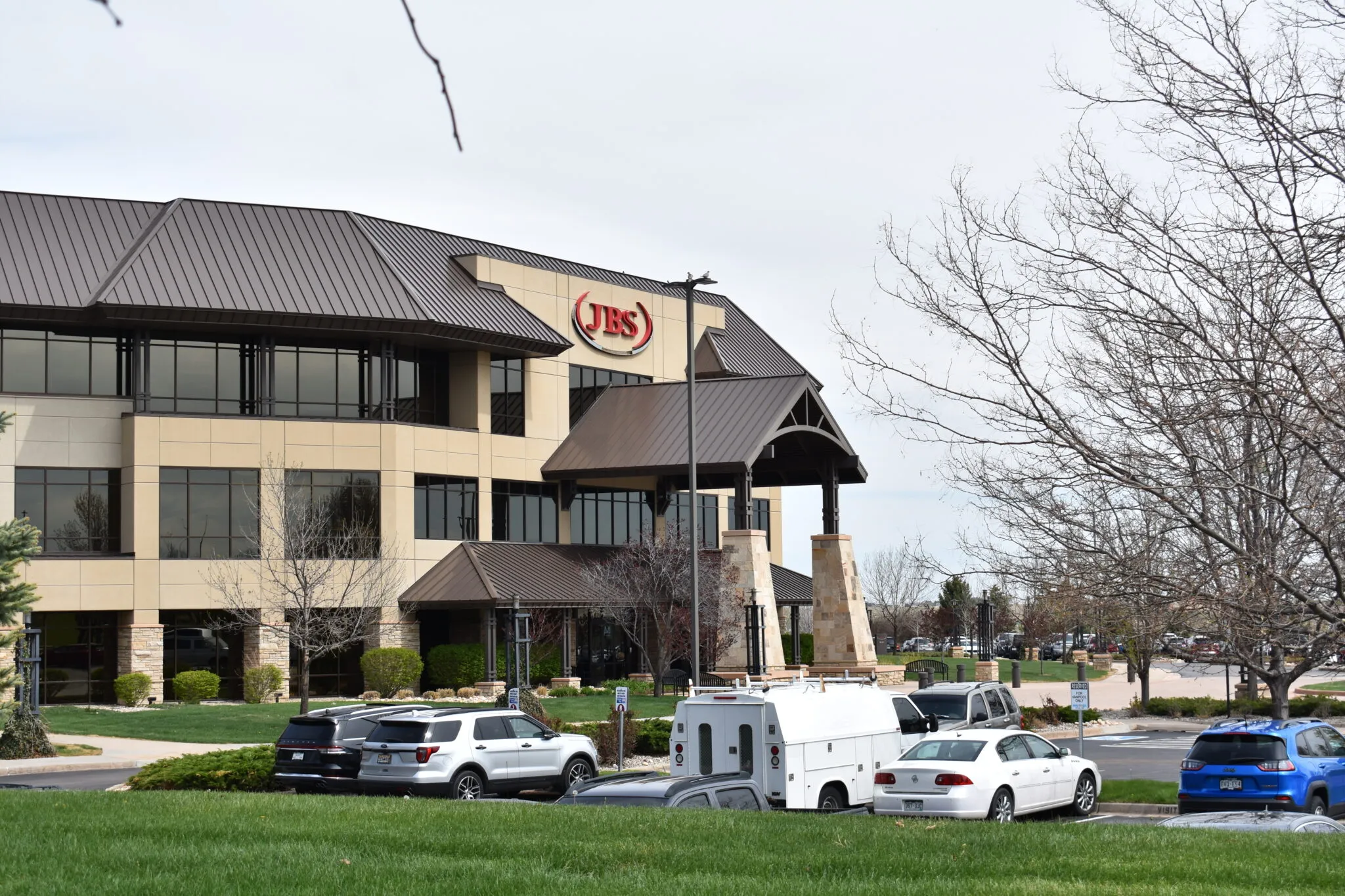JBS to settle wage suppression case

JBS USA Inc. will settle a class-action lawsuit brought by a trio of meatpacking workers that claims that the Greeley-headquartered meat giant conspired for almost a decade with nearly a dozen other leading companies in the industry to keep employee wages artificially low.
THIS ARTICLE IS FOR SUBSCRIBERS ONLY
Continue reading for less than $3 per week!
Get a month of award-winning local business news, trends and insights
Access award-winning content today!
Already have a paid subscription?




